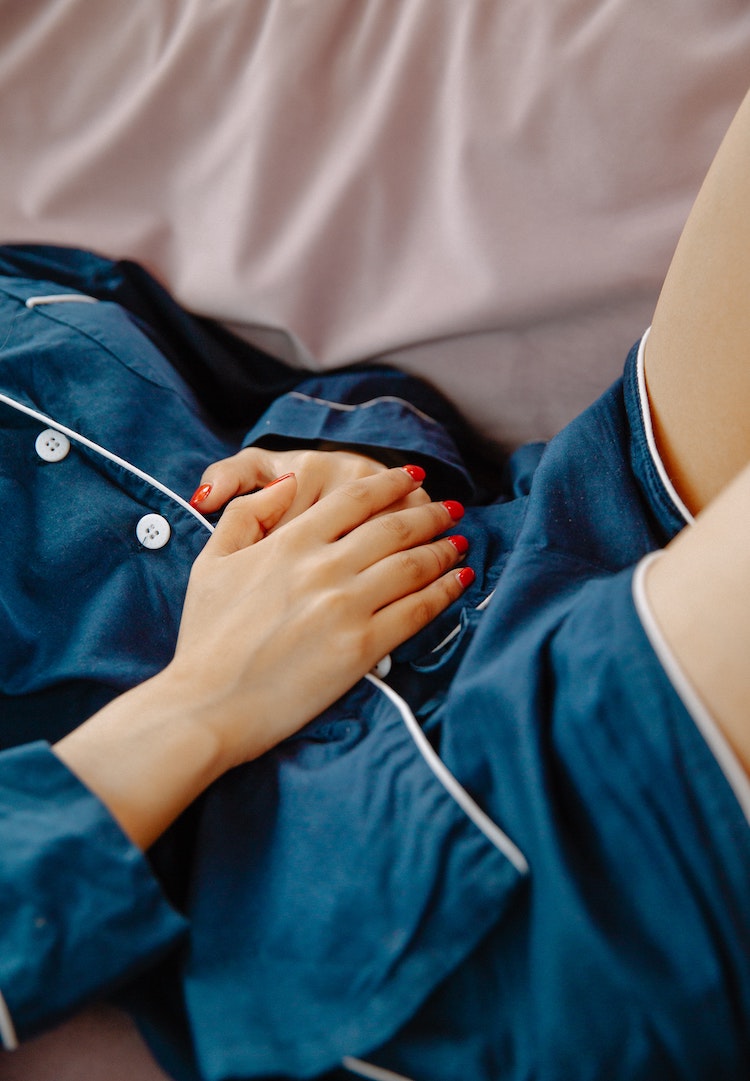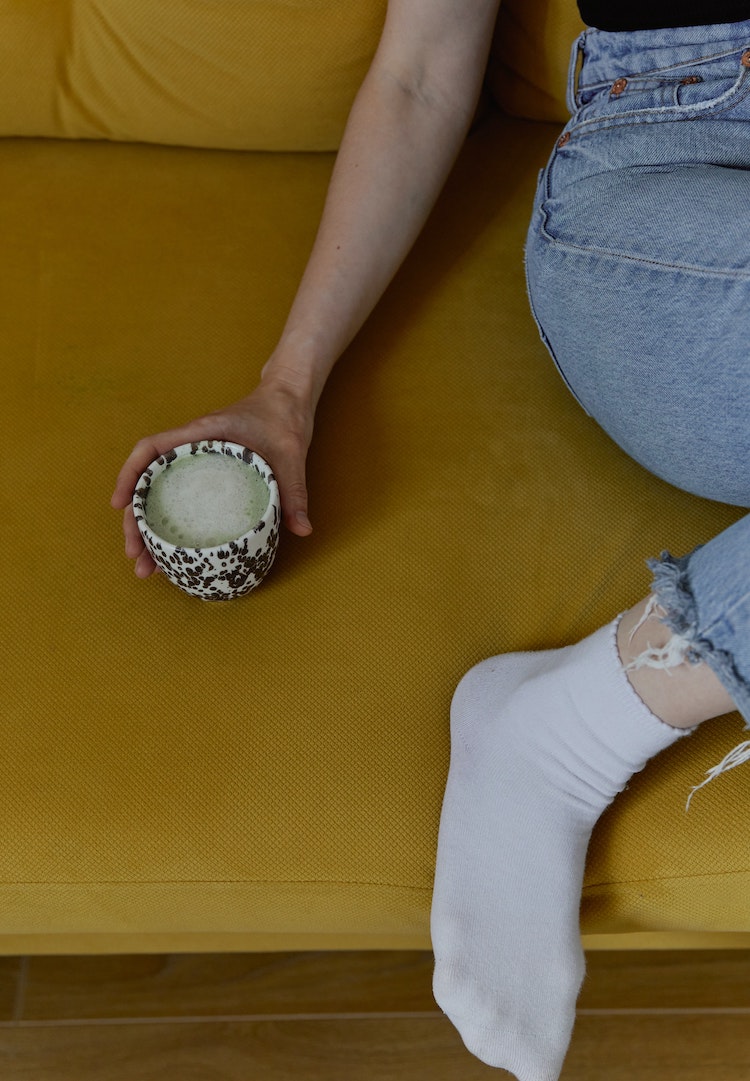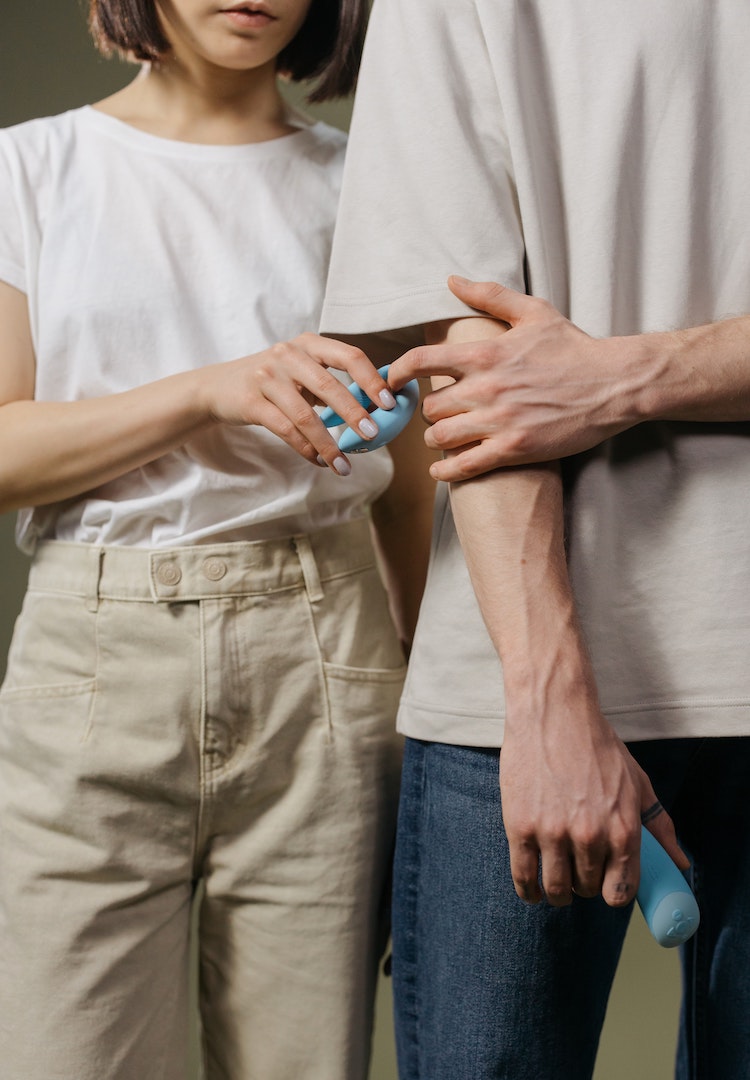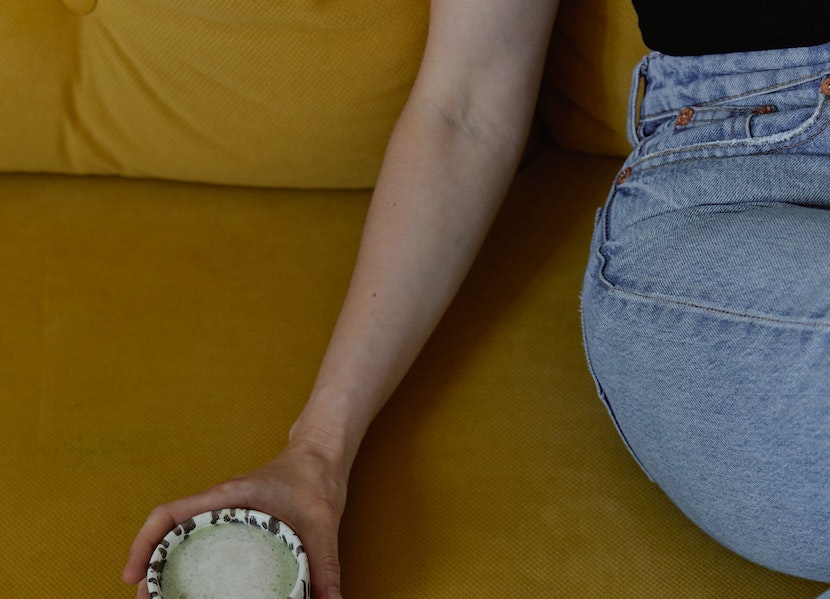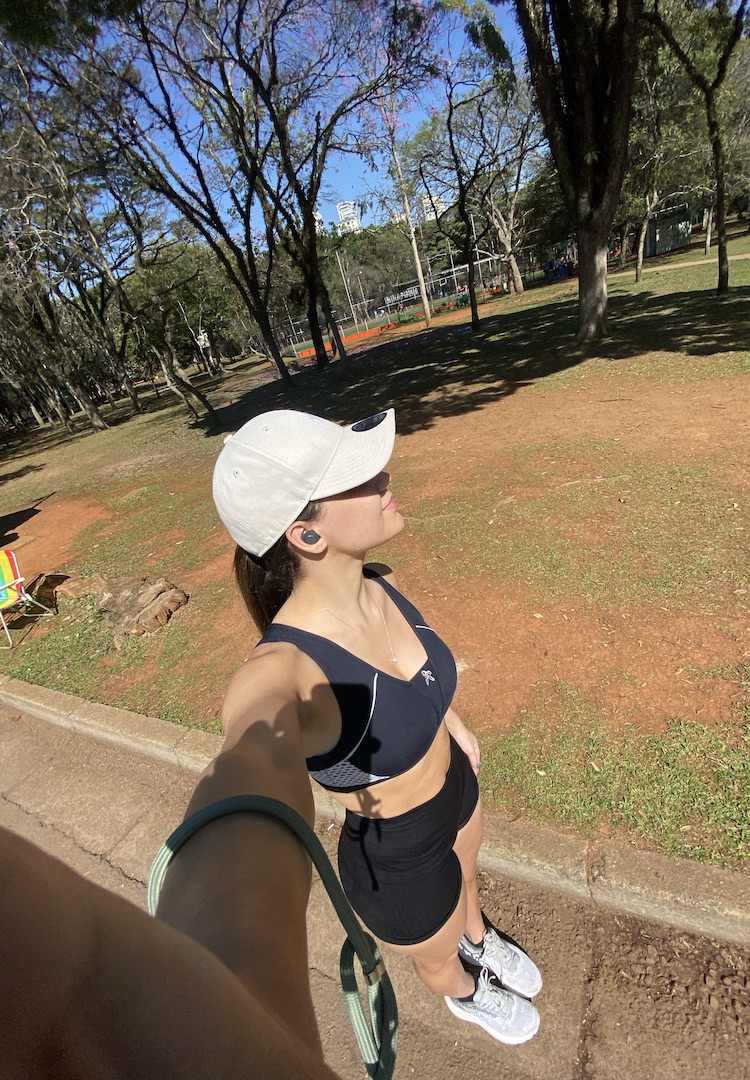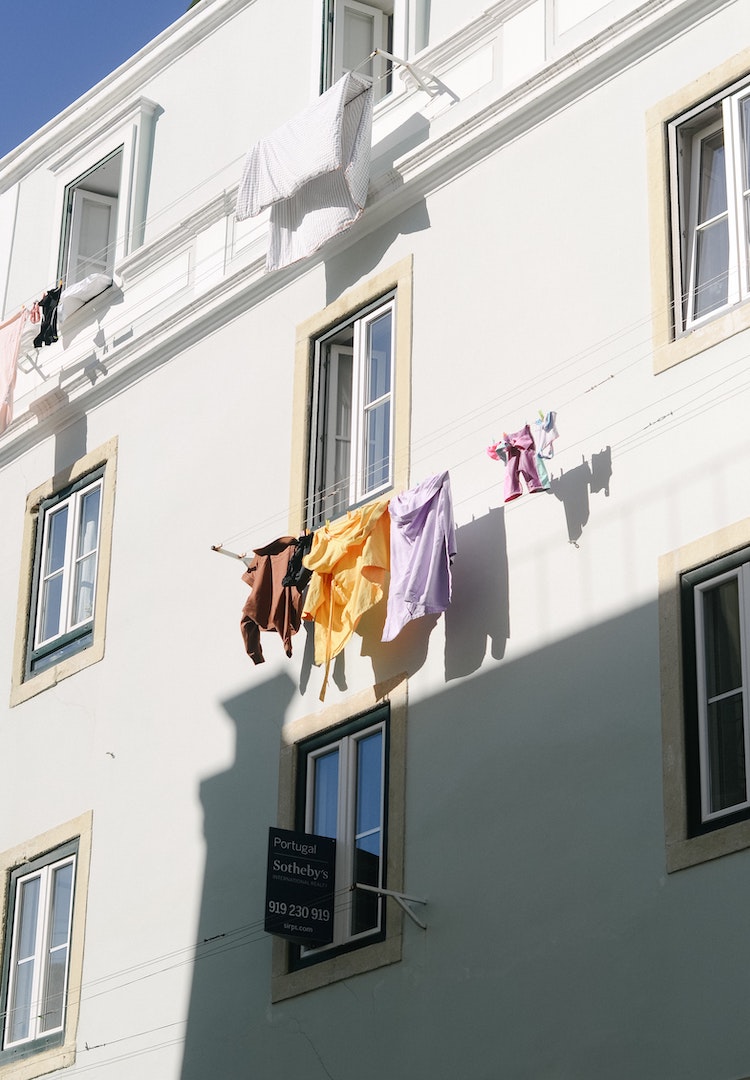Why does your period make you need to poo?
WORDS By Lauren Payne
The no-so-pretty part about your period.
Everyone has a different experience when they get their period. Some of us develop stubborn hormonal acne, others get a sudden wave of PMS symptoms. Some may experience excruciating pelvic pain, while others may not feel a thing (I truly believe these people are magicians).
We all get a different kind of period, but most of us will agree that one thing we always notice when our period arrives is that we need to use the bathroom a lot more often. Why? Because we need to poo a lot more.
Interested to hear how others navigate the world? Head to our Life section.
Our bodies change quite a lot when we menstruate, meaning our bodies aren’t operating the way they usually do. We experience all of these symptoms and changes, and one of them just happens to result in more poo.
So, what’s the deal? Why does getting your period affect the way you poo? Well, according to gynaecologist and the Medical Director of Jean Hailes for Women’s Health Clinics Dr Liz Farrell, our hormones can not only change how our uterus functions during our period, but they can also affect the organs around it.
“There are body chemicals released by the uterus, including the lining, that cause contractions in muscles [and] in internal organs, such as the bowel. These chemicals, some of which are prostaglandins, can cause contractions or relaxations of organ muscles.”
Dr Farrell says it’s the prostaglandins – which are pro-inflammatory chemical messengers – that directly affect our bowel and can cause us to experience irregular digestion while we ride the red wave.
“Relaxation, usually before the period starts, [can lead to] constipation or lack of bowel action and contractions [are generally] leading to loose bowels [during] the period.”
During your menstrual cycle, the reproductive hormone progesterone peaks and dips. Progesterone is anti-inflammatory and dips as you get closer to your period, meaning your uterus gets more inflamed the closer to bleeding you are.
When our progesterone drops, prostaglandins head straight for our uterus and recruit white blood cells called leukocytes to help them break down the tissue within our uterine lining. Our uterus then contracts and our period begins.
Of course, prostaglandins and leukocytes don’t always have great aim, so if they’ve started to contract the uterus and suddenly you need to poo a lot more, that’s when you know your prostaglandins and leukocytes have started to affect the intestinal tissue of your bowel, in addition to your uterus.
So, if you’re experiencing a massive change in your poo schedule thanks to prostaglandins, leukocytes and a drop in progesterone, how can you get things back on track?
Unfortunately, there isn’t a lot of research on how to regulate period poo, but one of the best ways to support your digestive system during your period is to try and reduce the number of inflammatory foods you’re eating.
Avoiding heavier dairy products, excess sugar and any particular foods that can make you gassy during the follicular, ovulatory and luteal phases of your cycle, can help balance your bowel movements during menstruation.
Dr Farrell says taking medication you’d usually take for period pain, such as a non-steroidal anti-inflammatory or ibuprofen, shortly before your period is about to start could also help ease the impact prostaglandins and leukocytes will have on your bowels.
This may help to block prostaglandin production and reduce the amount of cramping you experience before you start to menstruate, tackling two birds with one stone. Period poo isn’t exactly the nicest thing to think about, but it’s an extremely common experience for anyone who menstruates.
Our bodies change so drastically during our menstrual cycle and while a lot of people have accepted hormonal acne, PMS and cramping as common period side effects, we also must remember that period poo is a common side effect too.
So, don’t be too disheartened if you find yourself in the bathroom a little more often when you’re on your period. Chances are someone who just so happens to be menstruating at the same time as you is in the cubicle right next door.
For more on period poo, try this.

